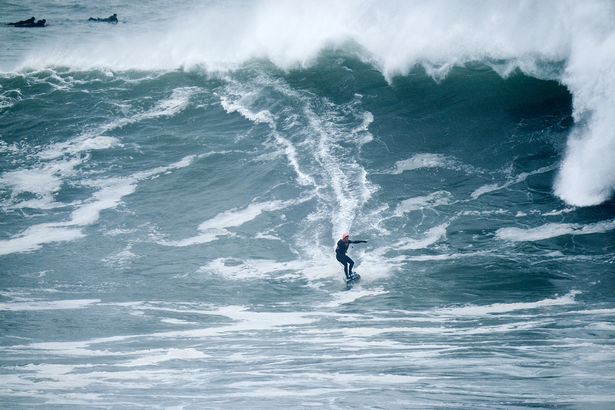Dedh Dew Cans Seytek ha Dogens
De Merher, pajardegves mis Gwedngala
Wednesday, 14th September
Pe liw ew "galarwisk"? E'n oos Metêrnes Victoria tho an facyon (rag tüs rych) dhe dhon dilhas dû (gen tabm gwydn dhort termyn dhe dermyn - bond ha ragvrehel) wòja mernans nebonan e'n teylû. An flehes a wrüg degy galarwisk ewedh. Galarwisk leun a bejyas diw vledhen rag nebonan pur nes. Wòja hedna a dheuth hanter galarwisk, gen liwyow le tewal - martesen liw plobm, loos lüjiw, purpur ha lilak po lavender, gen moy a wydn. Na veu facyon veth rag pobel bohojek - res veu dhodhans liwa aga dilhas kebmyn, po degy bond bregh dû. Rag den thera sewt tewal ha manegow dû. Jowals? Men dû po perlys.
What colour is "mourning"? In the Victorian era it was the fashion (for rich people) to wear black garments (with a bit of white from time to time - collar and cuff) after the death of someone in the family. The children wore mourning as well. Full mourning lasted two years for someone very close. After that came half mourning, with less dark colours - perhaps lead colour, ash grey, purple and lilac or lavender, with more white. There was no fashion for poor people. They had to dye their ordinary clothes or wear a black armband. For a man there was a dark suit and black gloves. Jewellery? Black jet or pearls.
Geryow rag hedhyw: Words for today
bohojek poor
bond (m) band, collar
facyon (m) fashion
lüjiw (coll.) ash, ashes
men dû (m) jet
perlys pearls
plobm (m) lead
ragvrehel (m) cuff < brehel (m) sleeve
sewt (m) suit
tewal dark







Comments
Post a Comment